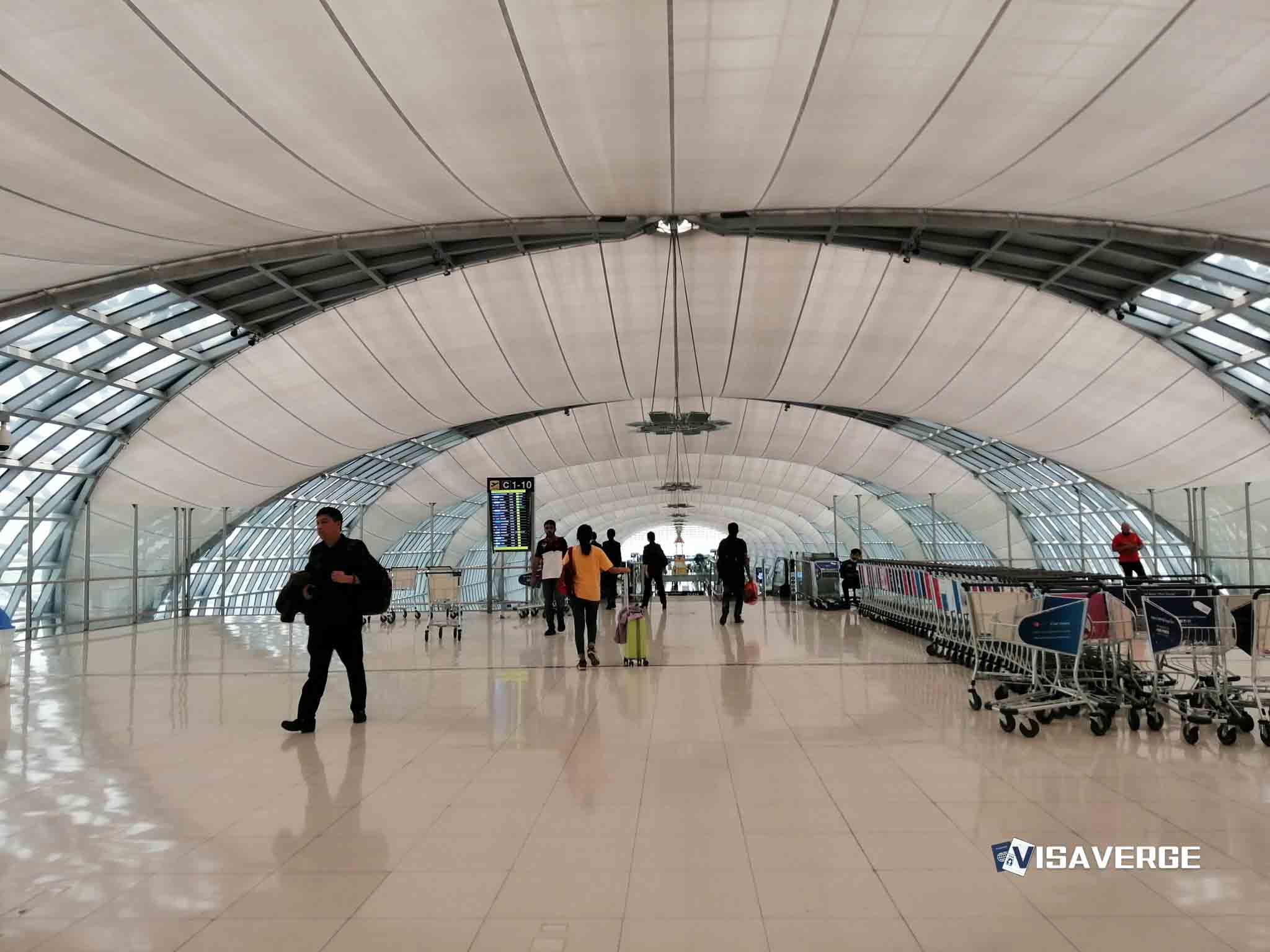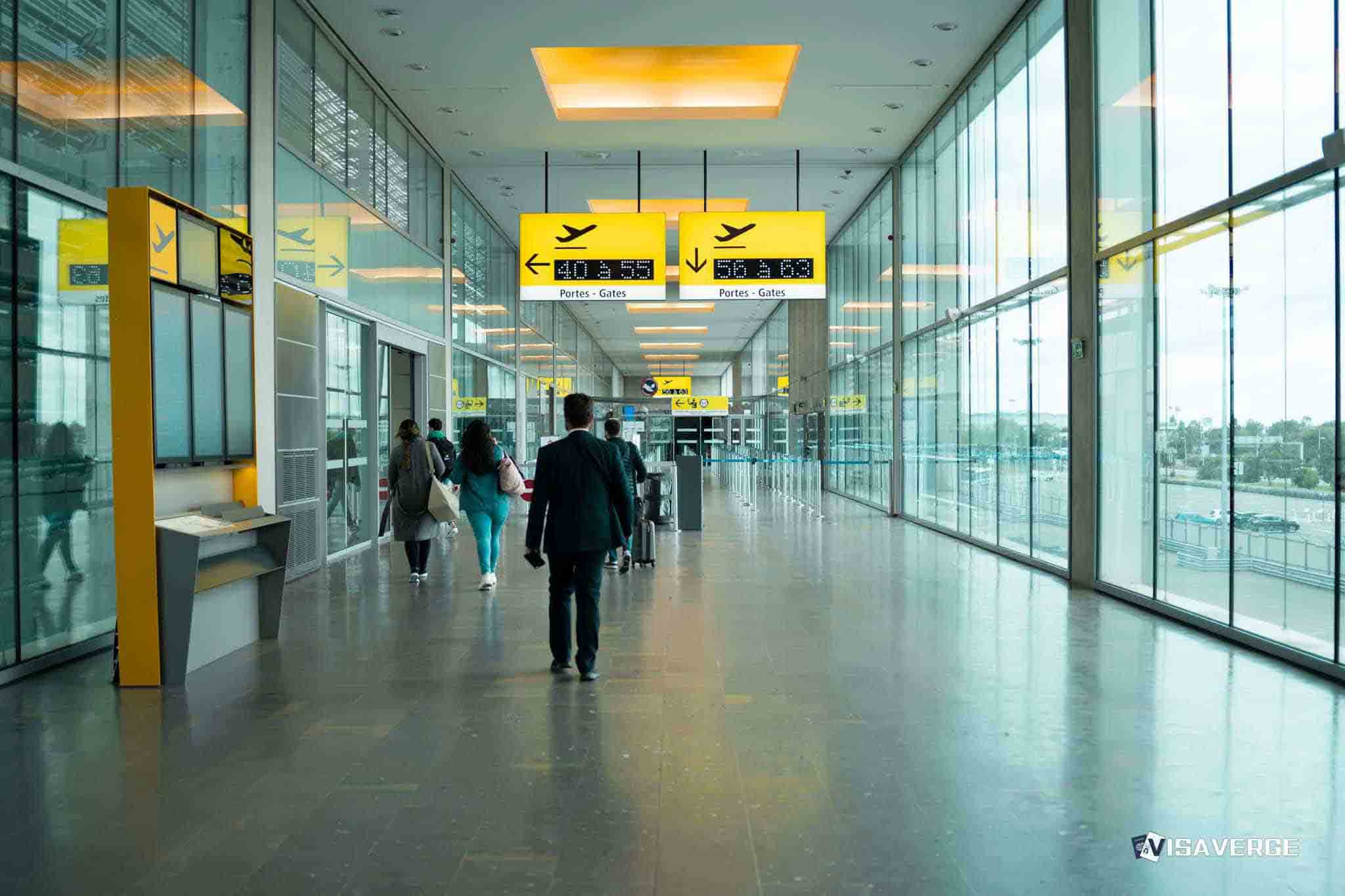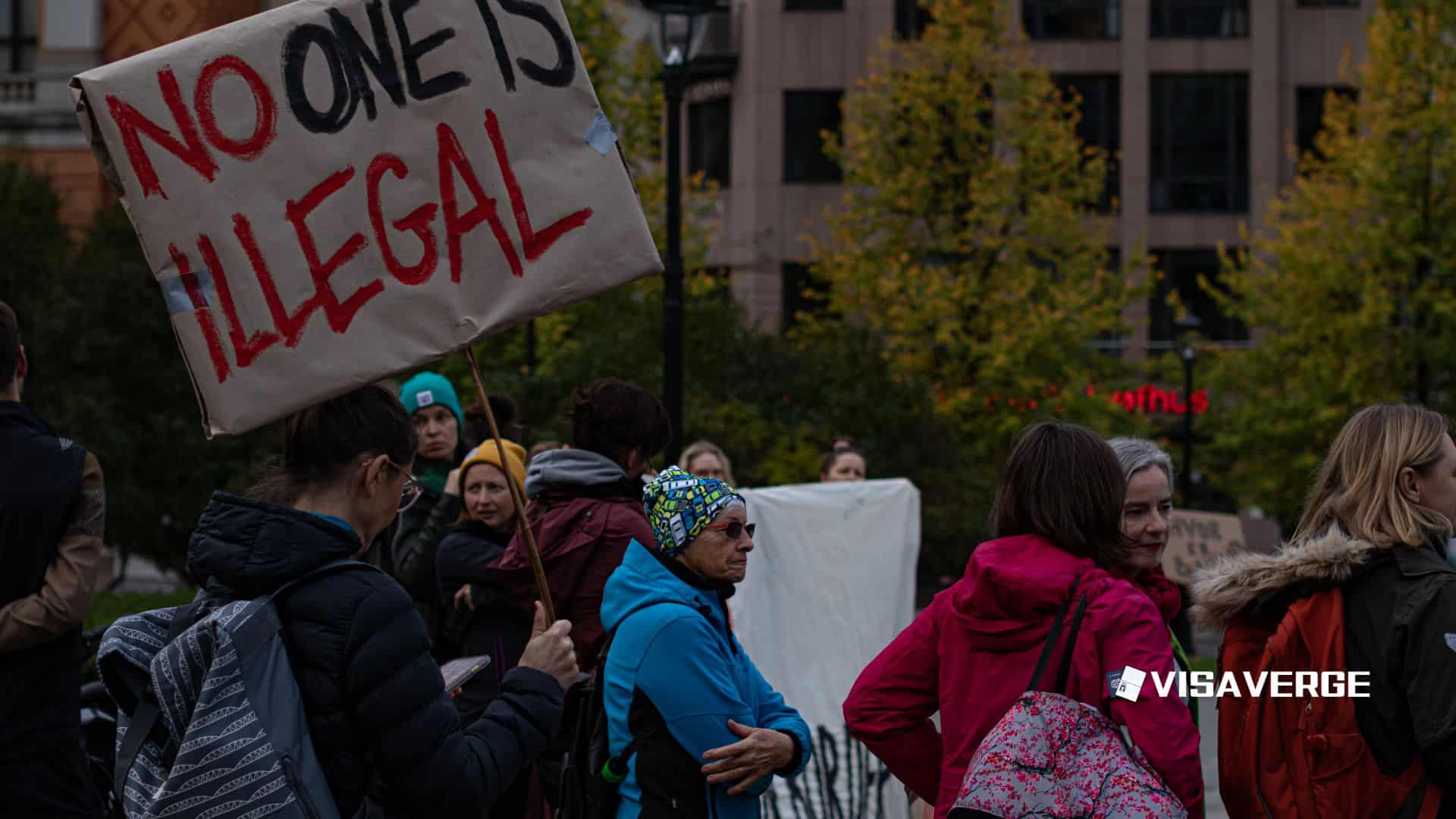(OOTY, TAMIL NADU) An NRI couple in their early 40s living in the United States 🇺🇸 on an H-1B visa has decided to leave the American job market and move back to India, saying they now want a quieter life in the hills of Ooty or the backwaters around Kochi. With a ₹6 crore net worth, the pair has spent years building careers in the US tech sector but now plans to return within the next four years, reflecting growing doubt among Indian professionals about staying long term under the current H-1B system.
Why they are leaving the US

The couple, whose names have not been made public, lives and works in the US on the H-1B visa for specialty occupations, a status that ties their right to stay in the country to continued employment. Friends say the two had once seen the US as their final home but slowly changed their plans as the visa process became more stressful and the path to a green card stayed uncertain.
They began to ask whether the pressure of their US life still made sense, even with dollar earnings and employer benefits. The couple has said the constant focus on status, renewals, and paperwork has worn them down. They also worry that one job loss could force a quick exit from the US, disrupting their children’s schooling and family plans overnight.
The “visa bubble” and wider community concerns
Their story has spread widely through social media posts and community discussions because it touches a common fear among Indians on the H-1B visa: the feeling that years of hard work can still be shaken by a layoff, a policy change, or a delayed extension.
According to analysis by VisaVerge.com, many H-1B workers now feel they live in what they call a “visa bubble,” where a single employer decision can decide their future in the country. That sense of fragility has grown as companies cut staff and as background checks and paperwork reviews have become stricter over the years.
While the basic rules of the H-1B visa are explained on the official USCIS H-1B specialty occupations page, workers often describe the lived experience as far more tense than the law on paper suggests.
“The constant focus on status, renewals, and paperwork has worn them down.”
— Central emotional driver for the couple’s decision
Emotional and family factors
In this case, the NRI couple says the emotional distance from home adds to the pressure. They left India as young professionals chasing the American Dream but now speak often about missing Indian festivals, grandparents, and the comfort of familiar languages.
They have mentioned that video calls with ageing parents in India feel “short and helpless,” since they cannot be there in person for health scares or family problems. Over time, that guilt has mixed with visa stress and pushed them toward a return plan that once felt unthinkable.
Why Ooty or Kochi?
Their choice of Ooty and Kochi as possible destinations shows how some financially secure NRIs now rank peace and nature above big-city status symbols.
- Ooty
- Cool climate and tea estates
- Slower pace and cleaner air
- Suited for a quieter, nature-centered life
- Kochi
- Better flight links to the Middle East and domestic hubs
- Growing tech and start-up scene
- Offers a mix of work options and relaxed coastal life
The couple’s ₹6 crore net worth gives them enough cushion to consider semi-retirement, part-time consulting, or starting a small business rather than jumping straight back into India’s high-pressure corporate world.
Practical visa and legal realities
Under current rules, most H-1B workers must rely on their employers to file Form I-129 to extend or change their status. Any delay, error, or company restructuring can put a family at risk of having to leave the United States on short notice.
People in the community point out that this dependence makes even routine office politics feel frightening. Many describe staying in jobs they dislike or skipping career chances at smaller firms because they fear risking their immigration status.
Children, identity and quality of life
For the NRI couple, those trade-offs became harder to accept as they entered their 40s and began to think more about their children’s sense of identity. They want their kids to know Indian languages, traditions, and cousins beyond short holiday visits.
They also believe that growing up in a place like Ooty or Kochi, with easy access to trees, hills, and water, could give their children a calmer childhood than the car-heavy suburbs where they currently live. The choice is not only about visas or money, but about the kind of daily life they want for their family.
Community reaction and broader trend
Their story has struck a chord with hundreds of other Indians abroad who flooded comment sections with similar worries and secret exit plans. Responses fall into a few common themes:
- Praise for the couple’s courage to leave high US incomes while still in prime working years.
- Admiration mixed with fear for those feeling locked in by US home loans or children who now feel more American than Indian.
- Renewed debate about what success means for Indian migrants — whether “go to America, get rich, and stay forever” still fits.
Immigration lawyers and counsellors in India and the US say they now spend more time than before helping families think through return moves, school shifts, and asset planning rather than just new visa filings.
Risks and adjustments of returning
Experts note that a family with a ₹6 crore net worth can, in many Indian cities, live comfortably on investment income and lighter work. But they also warn about challenges after years abroad:
- Reverse culture shock
- Different work styles and office expectations
- Slower or more complex public services
- Schooling transitions for children used to the US system
A concise comparison:
| Factor | Staying in US (H-1B) | Returning to India (Ooty/Kochi) |
|---|---|---|
| Visa/security | Dependent on employer; risk of sudden exit | No employer-tied immigration risk |
| Cost of living | High healthcare and education expenses | Lower living costs in many areas |
| Family proximity | Distance from ageing parents | Immediate access to extended family |
| Lifestyle | Urban/suburban, often hectic | Nature-oriented, slower pace |
| Work options | Higher salaries in tech | Part-time consulting, start-ups, small business potential |
Key takeaway
For this family, the promise of a “peaceful life” in India now outweighs the older dream of permanent American success. Their decision highlights a quiet shift in mood among a portion of the Indian diaspora, prompting many others to reconsider what they truly want from the years they have left to build a home.
An NRI couple in their early 40s on H-1B visas, with a ₹6 crore net worth, plan to leave the US within four years for Ooty or Kochi. They cite visa-related stress, fear of sudden job loss, and emotional distance from family as key drivers. Their decision highlights a wider trend of skilled Indians reconsidering long-term US residency, weighing financial security against quality of life and family proximity.













